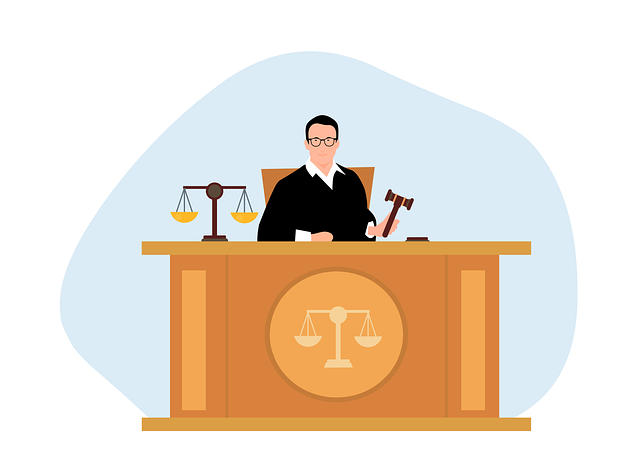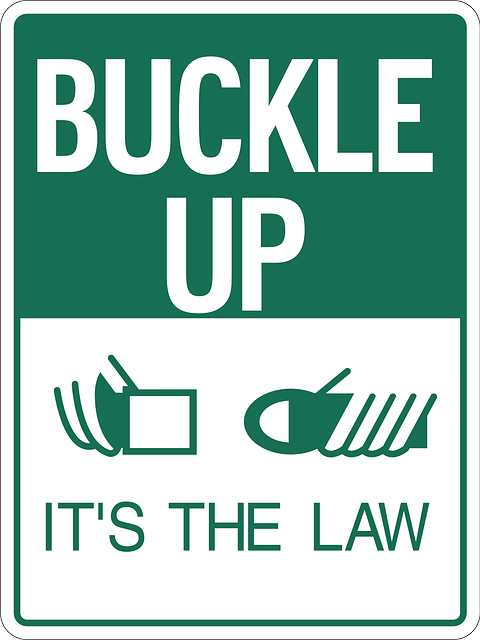Antitrust laws promote fair competition, with government investigations scrutinizing businesses for practices like price-fixing and monopolies. Businesses can mitigate risks by understanding these laws and avoiding anti-competitive behaviors in partnerships. Identifying red flags such as pricing agreements or market segmentation suggests potential collusion. Civil litigation, often involving jury trials, addresses partnership issues, with specialized attorneys assisting clients through complex legal processes to negotiate settlements or robust defenses. Navigating this civil process is crucial for accountability, with significant consequences for guilty parties, including financial reparations and partnership dissolution.
Antitrust violation cases are a critical aspect of maintaining fair market competition. This article delves into the intricate world of antitrust laws and their pivotal role in regulating business partnerships. We explore how these laws aim to prevent monopolies and foster healthy economic competition. By understanding potential violations, businesses can navigate complex civil litigation effectively, ensuring resolution of partnership issues through legal channels. Discover strategies for identifying problematic behaviors and the benefits of civil litigation as a powerful tool for antitrust enforcement.
- Understanding Antitrust Laws and Their Purpose
- Identifying Potential Violations in Business Partnerships
- Navigating Civil Litigation for Resolving Antitrust Issues
Understanding Antitrust Laws and Their Purpose

Antitrust laws are designed to promote fair competition among businesses, ensuring that no single entity dominates a market to the detriment of consumers. These laws aim to prevent practices like price-fixing, market division, and monopolistic behavior, fostering a level playing field for all participants. Understanding these regulations is crucial, especially for business partnerships, as violations can lead to significant legal repercussions, including civil litigation.
In cases of suspected antitrust violations, the government initiates an investigative process, reviewing all stages of the respective business operations. This involves analyzing contracts, communication, and market behavior to determine if any laws have been broken. By understanding these processes, businesses can proactively avoid indictment and ensure their practices align with the principles of fair competition, ultimately benefiting both consumers and the broader economy.
Identifying Potential Violations in Business Partnerships

Identifying potential antitrust violations in business partnerships is a complex task that requires keen scrutiny and legal expertise. Businesses often form alliances and collaborations for mutual growth, but these partnerships can inadvertently lead to anti-competitive practices if not managed properly. Key areas to watch include agreements on pricing, market allocation, and output restrictions, as these may signal potential collusion or suppression of competition.
Across the country, many businesses are turning to civil litigation for business partnership issues, seeking resolution for alleged antitrust violations. Jury trials in such cases play a crucial role in determining liability and assessing damages. White-collar defense attorneys specializing in antitrust law are increasingly involved in these matters, guiding clients through the legal complexities and negotiating settlements or mounting robust defenses.
Navigating Civil Litigation for Resolving Antitrust Issues

Navigating Civil litigation offers a strategic approach to resolving complex antitrust issues within business partnerships. When companies face allegations of price-fixing, market division, or abusive behavior, civil courts become crucial arenas for accountability and redress. Unlike general criminal defense, which focuses on penalizing misconduct, civil litigation aims to compensate affected parties and prevent future violations.
This process involves meticulous case building, gathering evidence, and presenting compelling arguments before judges or juries. Businesses involved in antitrust violations can face significant penalties, including financial reparations, market restructures, and even dissolution of partnerships. Therefore, a robust understanding of legal principles and effective communication of harms are essential to achieving favorable outcomes in civil litigation for business partnership issues.
Antitrust violations can significantly disrupt business partnerships and harm market competition. Understanding antitrust laws, identifying potential violations early, and navigating effective civil litigation strategies are crucial steps in preserving fair market practices. By addressing these issues proactively, businesses can avoid costly legal battles and ensure their long-term success in a competitive marketplace. For resolving complex antitrust issues within business partnerships, civil litigation serves as a vital tool to uphold regulatory compliance and maintain the integrity of economic systems.






